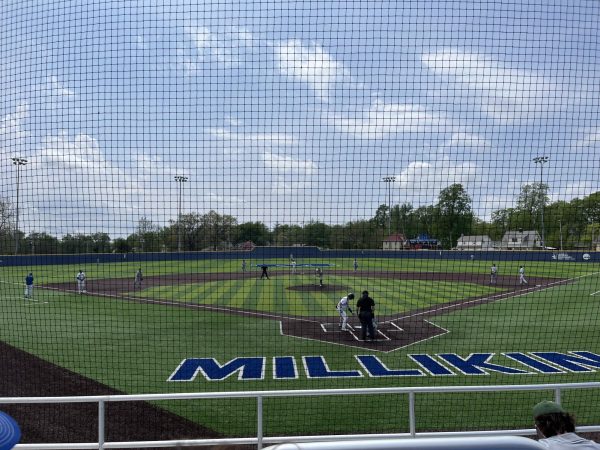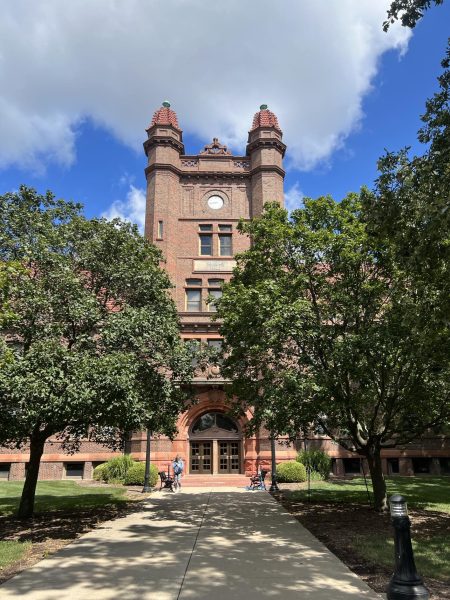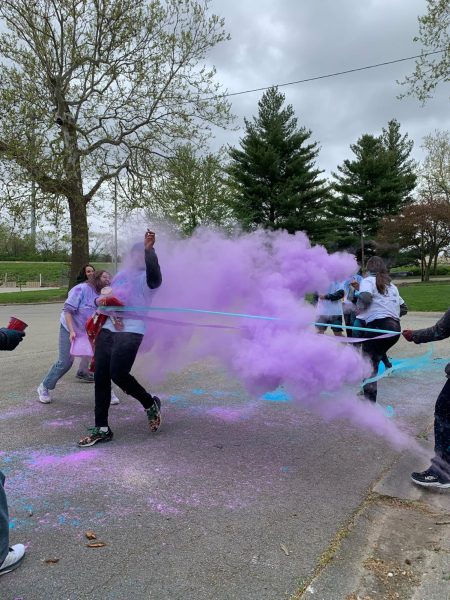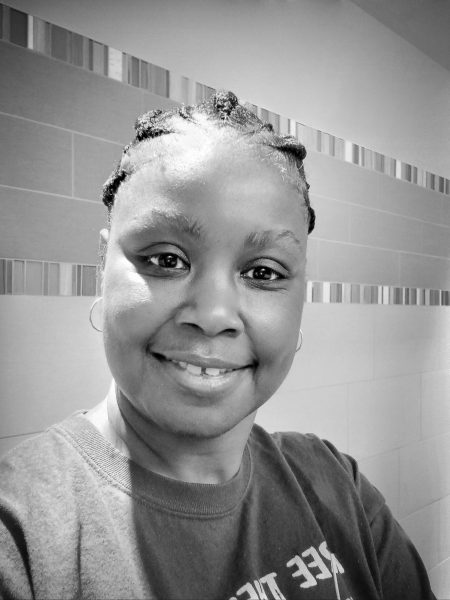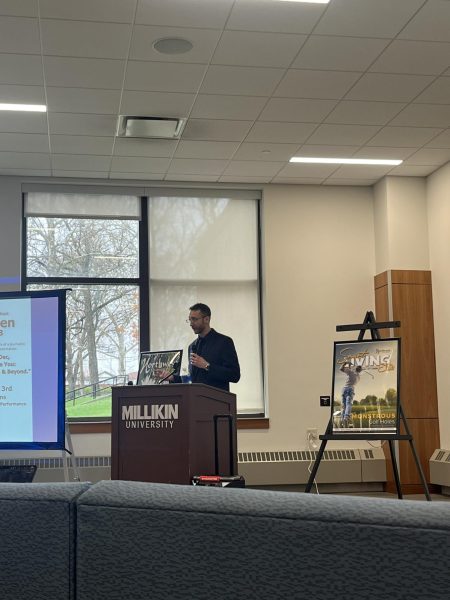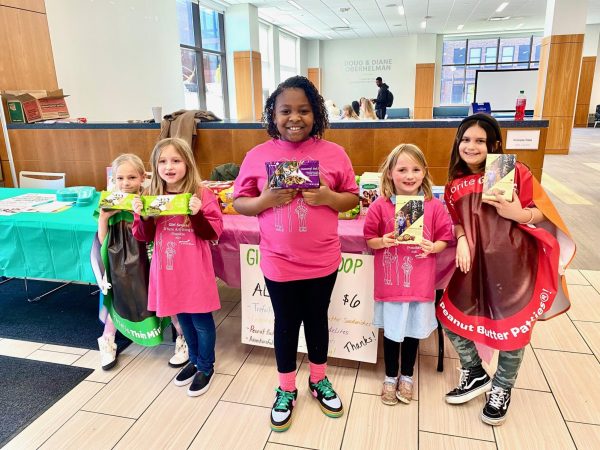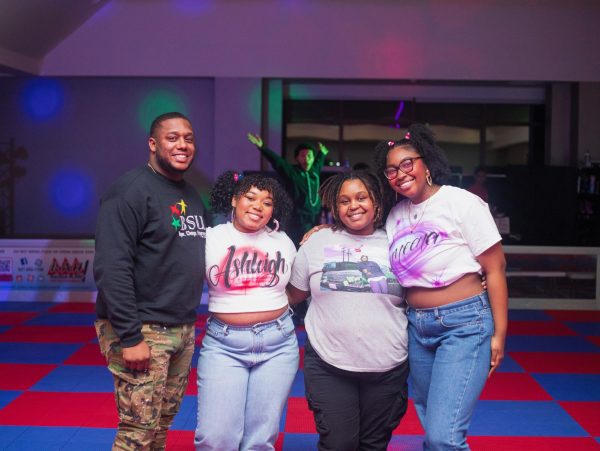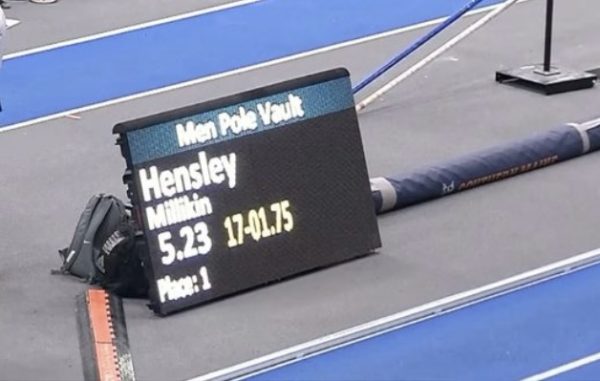Special Olympics: Changing Attitudes
Although the Winter Olympics have passed and the Summer Olympics is two years away, Decatur has allowed the magic of the Olympics to continue touching lives.
On Sepember.13 and 14, the Special Olympics took place in Rotary Park and at the Hickory Point Golf Course. The Special Olympics gives those with intellectual disabilities a chance to compete in sports against their peers. At this event, contestants competed in softball, golf and several other areas of sport in an Olympic-like set up.
The Special Olympics began in Illinois with the first games at Soldier Field in July of 1968. They estimate that they currently only reach about ten percent of those who would be eligible for the Special Olympics, and are always trying to extend their reach.
According to the Special Olympics website, 21,482 athletes, both children and adults, with intellectual disabilities compete in their sporting events yearly. Without the coaches and volunteers that work year round, these competitions would not be possible.
The Special Olympics not only allows people with intellectual abilities to compete in real sports events, but also teaches acceptance and friendship to those who work as coaches and volunteers. With a focus on building communities and promoting athlete health, the reach of the Special Olympics is matched by few other organizations.
By competing in the Special Olympics, those with intellectual disabilities can gain confidence in their abilities as well as a sense of pride for competing and winning.
Along with the Millikin Softball team, many other volunteers helped make sure all the events ran smoothly. Two volunteers from Alpha Phi Omega, the national service fraternity, worked to make the special day memorable for all the participants.
“I volunteered because I like interacting with people who have disabilities.” junior biology major Olivia Waszczuk said. “They are always really joyful, so that makes me happy.”
Sarah Hickey, also a junior biology major, had similar reasons for volunteering, “It was really cool to see all of the athletes. They seemed really excited to be able to compete and win medals and such.”
The Special Olympics in Illinois does not charge athletes or their families to participate in the program, but instead receives their revenue from a variety of donations and other organizational work.
Every volunteer, whether they counted money or counted strikes, filled a need for the Special Olympics. Without all of their dedicated work, those who participate in and look forward to these events would not get the chance to compete.
The Special Olympics provides an opportunity that would otherwise not be available, and help to bring understanding and awareness to the issues that those with intellectual disabilities face.

